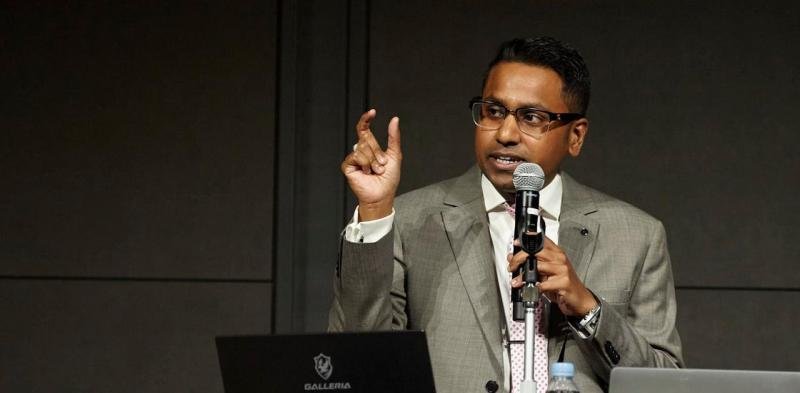Microsoft's Minecraft Education launches cyber security programme for equitable learning
Microsoft's Minecraft Education has launched a programme aimed at integrating cybersecurity and computing education through gaming, focusing on making these subjects accessible from an early age.
The initiative aims to address the gap in computer science (CS) education, particularly for students from historically marginalised backgrounds.
Statistics indicate a late start in formal CS education for many students in the United States, with only about 53% of U.S. high schools offering at least one CS course. This delay and lack of access contribute to disparities in the field.
The programme by Minecraft Education aims to introduce CS concepts early on, leveraging the engaging format of digital game-based learning (DGBL) to foster interest and understanding in CS.
Educators have noted hesitancy to incorporate gaming into teaching, often due to concerns about excessive screen time.
In an article written about the project, Dr King and Dr Ebri, part of the project, state:
“Ensuring early access to Computer Science through gaming is an excellent method to mitigate disparities and guarantee that all students, particularly students of colour, have access to CS education in a fun, engaging and non-intimidating manner.
This endeavour goes beyond mere educational reform; it represents a step towards societal progression to ensure that every child, regardless of their racial or socio-economic background, receives an equal opportunity to participate in and benefit from the advancements in CS.”
Minecraft Education, originally developed as an entertainment video game, has been repurposed as an educational tool since 2016 by Microsoft. It introduces students to coding and cybersecurity within a game-based environment, aiming to demystify programming and make it accessible. The programme includes lessons on essential programming concepts and introduces students to cybersecurity through interactive scenarios that simulate real-world cyber threats.
Commenting on the news in a LinkedIn post, Omar Green, a PhD Researcher at Birmingham City University, said:
“Games often require problem-solving, critical thinking, collaboration, and decision-making skills, which are essential in today's world. By incorporating digital game-based learning into education, students can develop these skills in a fun and motivating environment, preparing them for success in both academic and real-world settings.”









